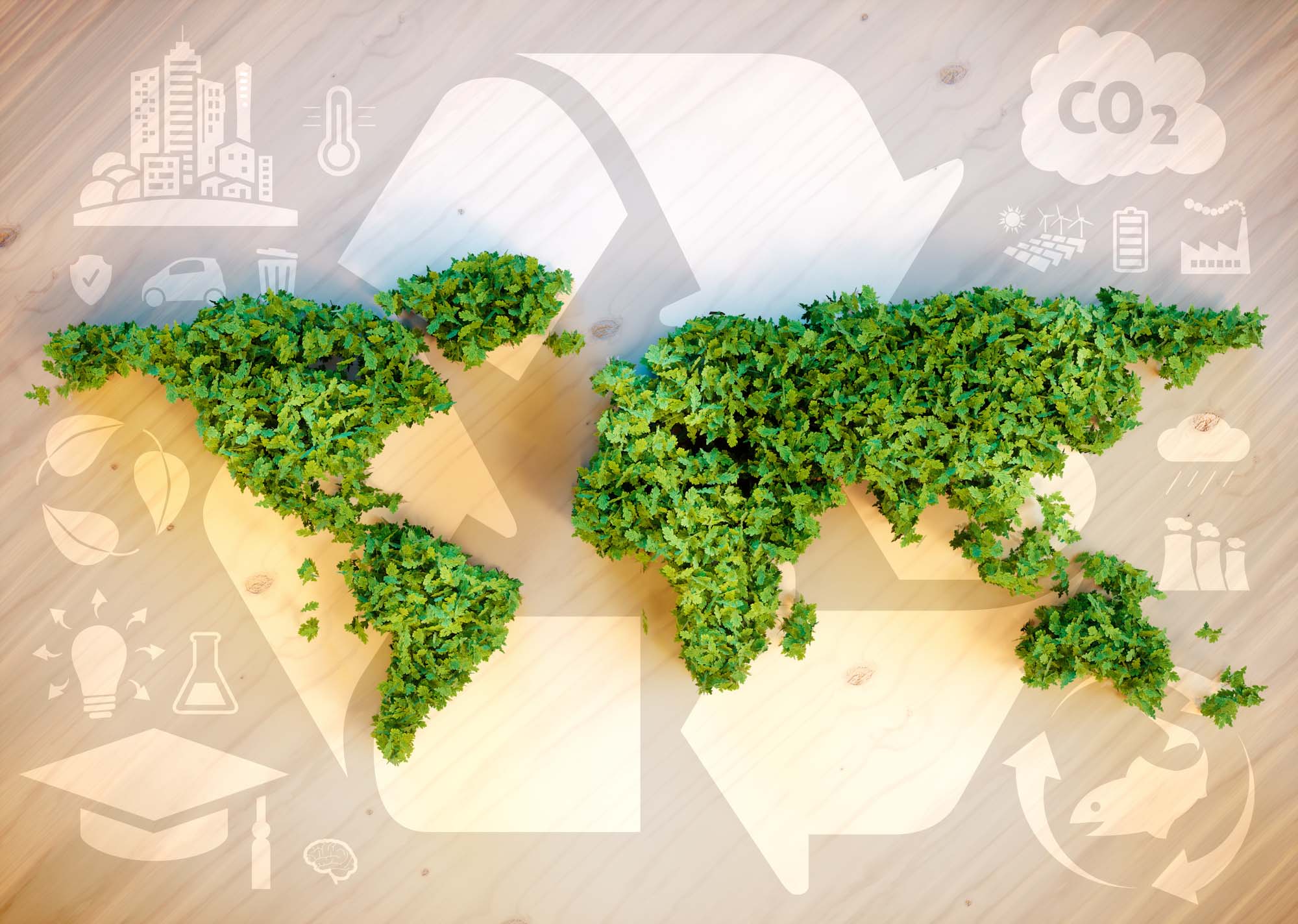
The environmental impact of toxic chemicals has far-reaching implications for marine, freshwater, and terrestrial ecosystems, placing responsibility on manufacturers and retailers to perform ecotoxicity testing on their products.
Ecotoxicology is covered under legislation including OECD and ISO guidelines. Both governmental and non-governmental organisations (NGOs) offer guidance and the United States Environmental Protection Agency (EPA) ECOTOX knowledgebase provides single environmental toxicity data on a range of aquatic and terrestrial species.
What is Ecotoxicity testing?
Ecotoxicology is the measure of the impact of substances on living organisms in our ecosystems; freshwater, marine and terrestrial including soils and sediments. A substance can be toxic to an ecosystem whether it is natural or man-made.
Ecotoxicology testing and studies determine the intrinsic hazardous properties of a chemical on living organisms, carried out under controlled laboratory conditions.
A product’s ecotoxicity relates to how it behaves
- At the useful stage of its lifecycle; its potential toxicological effects on human or animal health, terrestrial or marine ecosystems
- Its end-of-life toxicity characteristics when degrading and disintegrating (the degradants).
- Eurofins TerrAttesT® (measures hundreds of potential compounds that might be found in the degradants)
- Freshwater and marine ecotoxicity hazards on organisms including; Daphnia, Microtox, oysters, algae and corals
- Terrestrial ecotoxicity hazards including worms and plants
- Biodegradability testing
- Compostability testing
- Sustainable chemistry
- Sustainable waste
- Acute toxicity or chronic toxicity; depending on the intended use of a product and methods employed
All services
Our services
Why Eurofins Sustainability Services?
We are a leader in providing sustainability metrics and measurements in the form of testing, audits and analysis across a variety of business sectors.
We have expertise across sectors that includes food, agriculture, environment, materials, engineering, life sciences, construction, electronics, consumer products, cosmetics, packaging, clothing and footwear.
Our sustainability services are offered globally through our team of around 63,000 employees working out of more than 950 laboratories in over 1,000 companies and 60 countries


